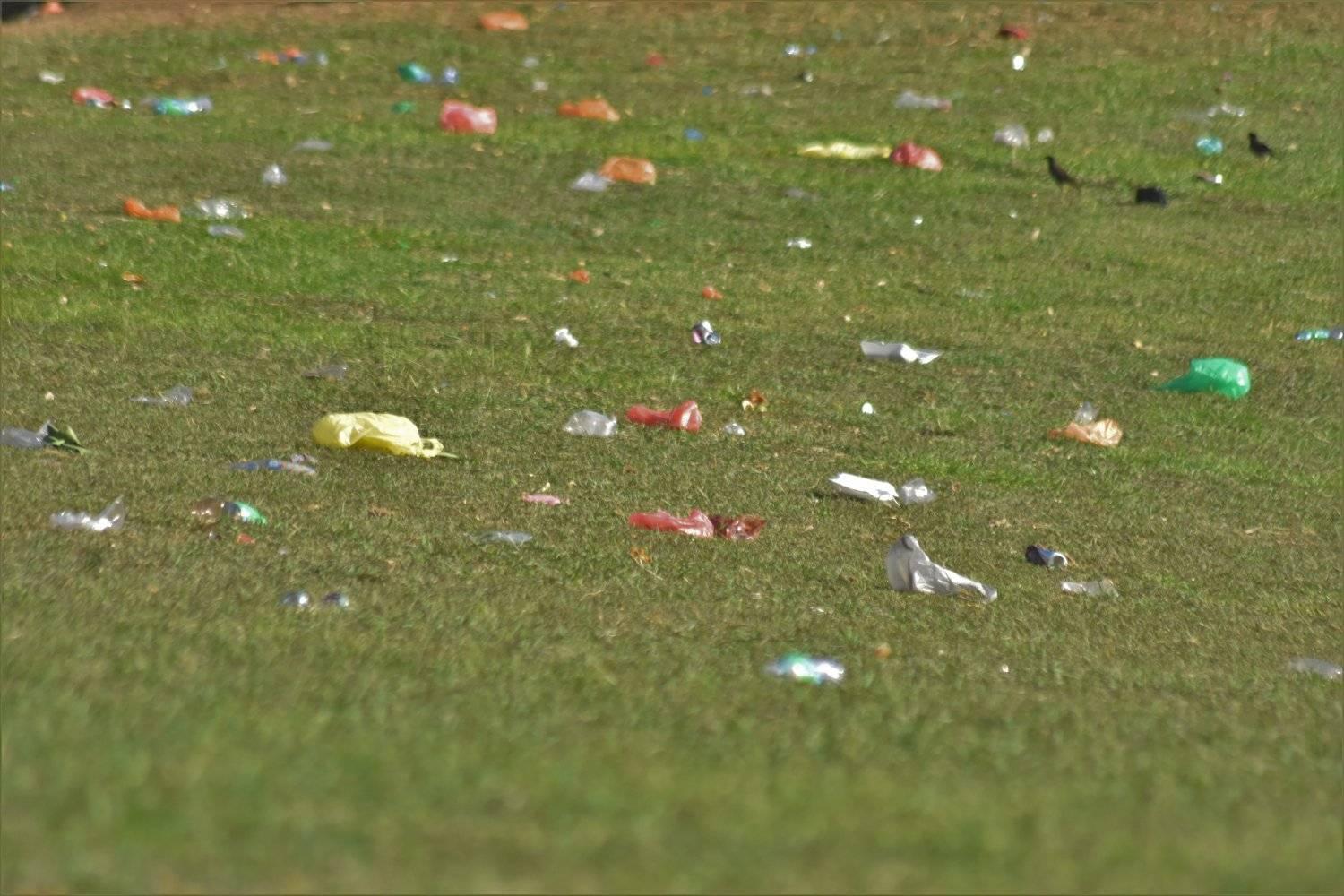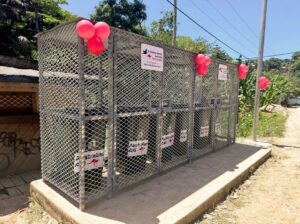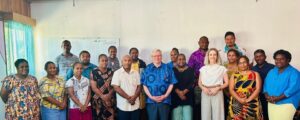BY ALEX DADAMU
LACK of waste management has become a general environmental issue and has gained considerable attention in recent years in the Solomon Islands.
The country has experienced an increasing amount of wastes (plastic bottles, coconut husk, and bags) being littered into the environment over the years.
The government through the Ministry of Environment has identified the proposed plan to ban single-use of plastic as a priority to consider and suggested that plastic pollution has now become such a serious issue that if the current trend continues there will be more plastic in the ocean and on the land.
Minister of Environment, Climate Change, Disaster Management and Meteorology Titus Fika Speaking during the launching of Solomon Island Re-cyclers and Waste Management Association 10-year strategic plan earlier last week announced that the use of plastic bags is expected to be banned soon.
The Minister said the decision was made to complement efforts towards addressing the solid waste issue in the country and an amendment has been made to the Environment Act to ban the single-use of plastic bags.
In 2019, Western Province has taken the lead in efforts to curb the use of plastic bags and cut back on plastic waste.
Initiated by the former Wayne Maepio led government earlier, the current western provincial executive in 2019, endorsed an action plan to ban the use of single-use plastic bags in the province.
Also in 2019, at a two days consultation meeting for the plastic ban workshop hosted by the Ministry of Environment, it was highlighted that plastics have contributed significantly to the environmental degradation of the country.
It was mentioned that it is a priority of the current government policy to ensure the plastic is ban in place by last year, 2020. However, to date, nothing has been done.
According to Statistics, at least 8 million tons of plastics pollute the ocean; 20-30% of ocean plastics come from marine-based sources whilst 70-80% from land-based sources.
From studies, it was found that already marine species are threatened by plastic pollution. It is predicted that if no action is taken to address the plastic pollution to the marine environment, by 2050 more plastic than fish will in the ocean.
Further, the waste generation rate in the country is around 0.2 – 0.3 kg per person per day in most provincial capitals and around 0.87 kg per person per day in Honiara. From the data, currently available plastics make up more than 10% of waste streams in the Solomon Islands.
The country is producing approximately 63.2 tons per day of plastic wastes, according to data collected by Anne Prince Consulting and ADB in July 2017.
Of the 63.2 tonnes, 7 tonnes may comprise polyethylene terephthalate (PET) bottles or High-density polyethylene (HDPE) plastic eligible for recycling under the Container deposit system (CDS). It has been estimated that 19,491 tonnes of plastic waste was produced per year.
“About 55.8 tons of plastic waste are mismanaged daily. Approximately 20,394 tonnes of waste plastic has entered the waterways and ocean in 2010 and is expected to rise to 176,589 tonnes by 2025,” the Anne Prince Consulting and Asian Development Bank (ADB) report revealed.




